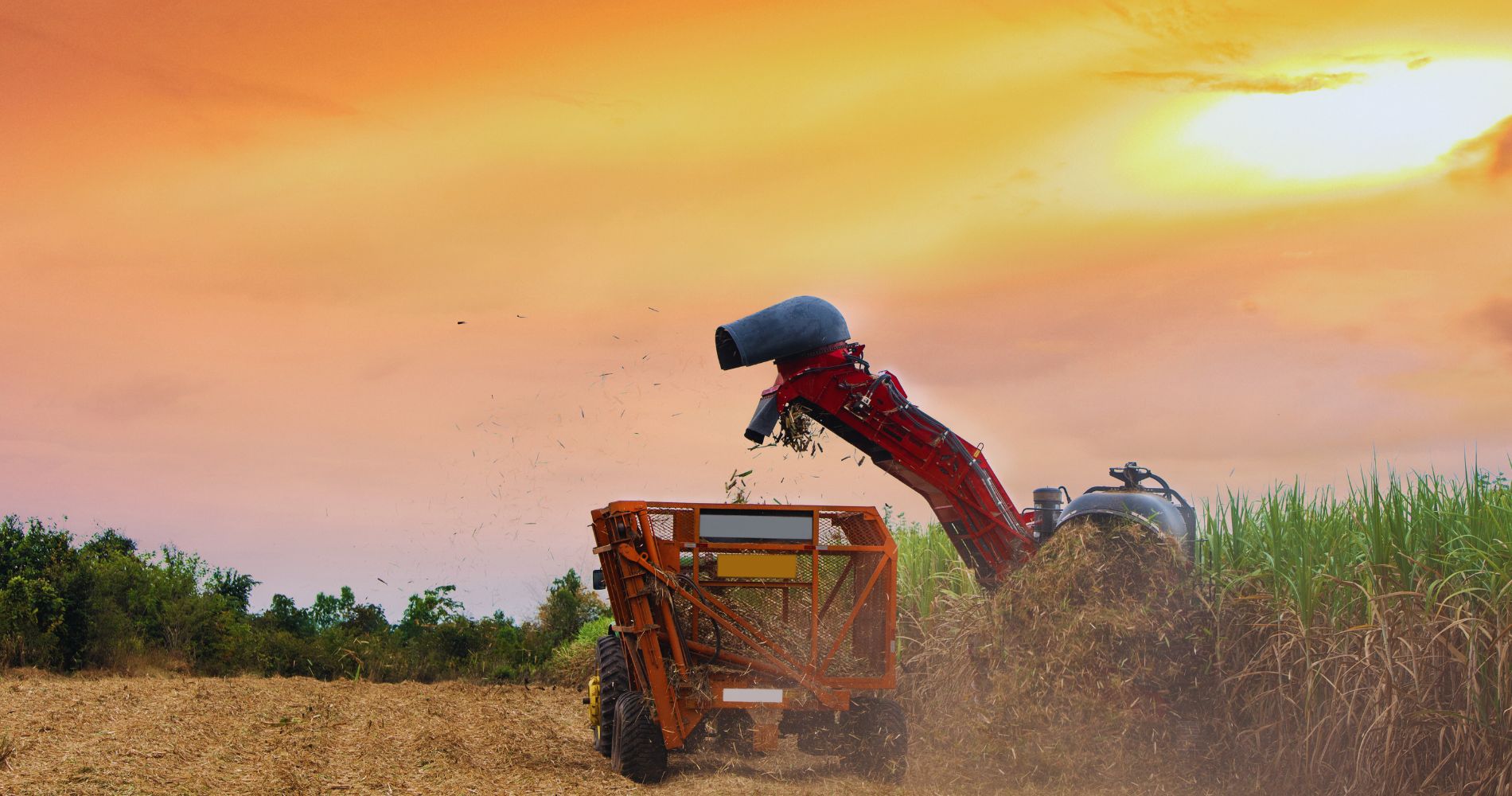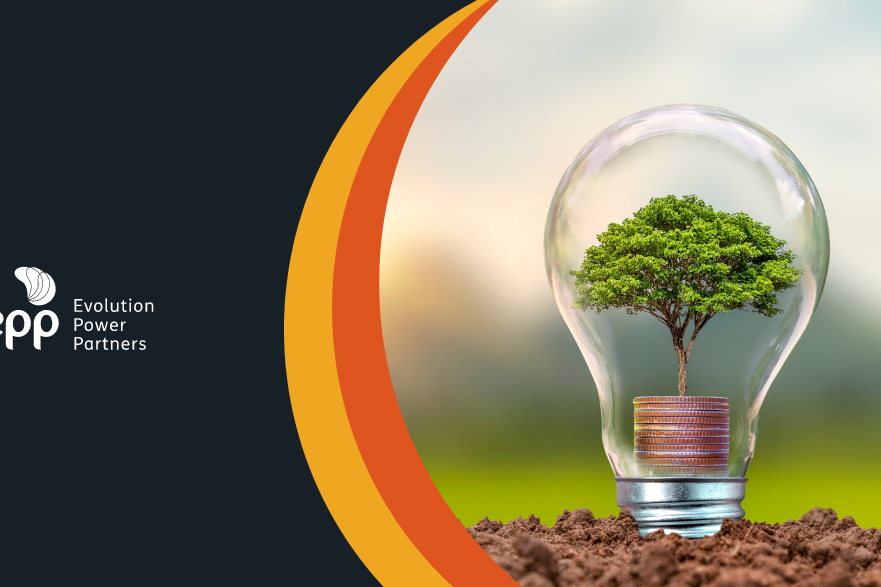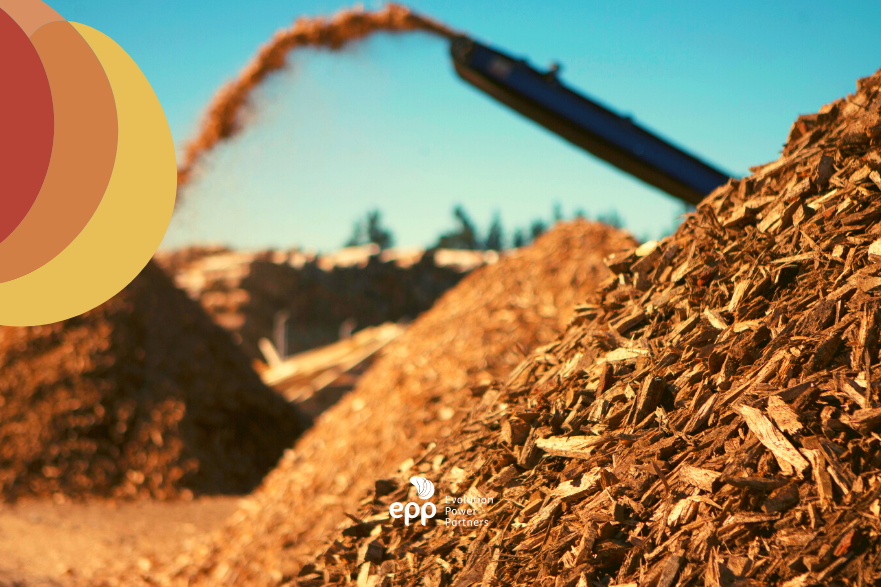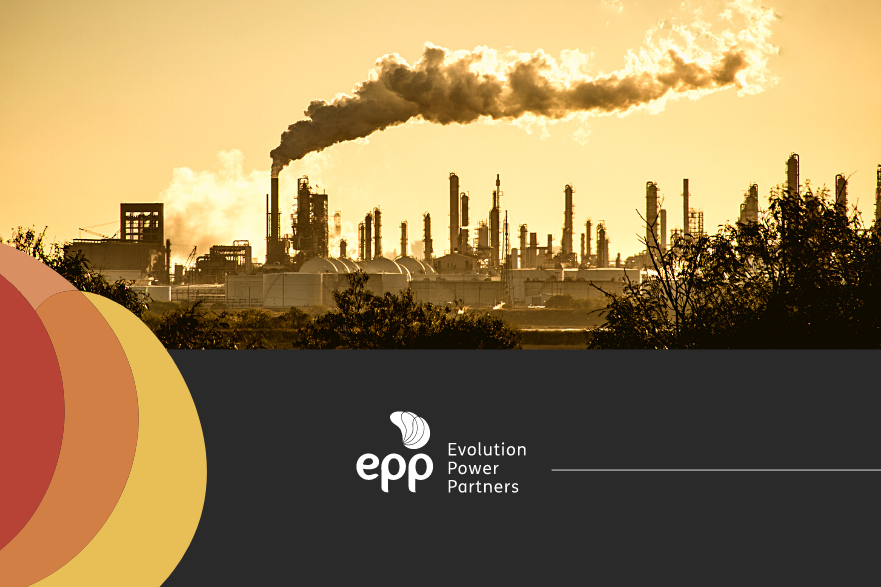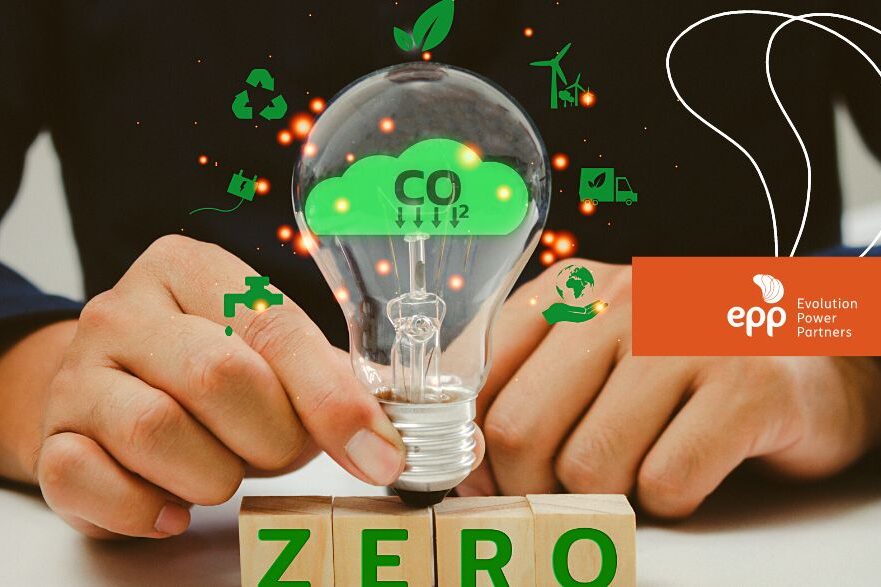RenovaBio, an ambitious Brazilian government program aimed at promoting biofuels, celebrates four years of existence facing divided opinions. On the one hand, fuel distributors request adjustments, arguing insufficiencies in the program. On the other hand, the Brazilian Biogas Association (ABiogás) praises the success of RenovaBio, highlighting its positive impacts on the environmental sector and the economy.
The Debate Around RenovaBio
Distributors argue that RenovaBio, despite having transferred a significant R$167 billion to the biofuels sector, was unable to adequately stimulate ethanol production, which saw a reduction of 57 billion liters between 2019 and 2022. They propose revisions to the ethanol policy decarbonization, emphasizing a restructuring that better aligns the program’s objectives with market reality.
On the other hand, ABiogás defends RenovaBio, highlighting the crucial role it plays in valuing the environmental attributes of biofuels. According to the association, the program managed to effectively price biofuels, previously not valued, and contributed to the development of biogas and biomethane projects in Brazil.
RenovaBio Data and Statistics
RenovaBio aims to reduce greenhouse gas emissions, being a pioneering public policy in the area of biofuels. Data from the program’s official website shows that, to date, millions of Decarbonization Certificates (CBIOs) have been issued, representing a considerable reduction in CO2 emissions.
Furthermore, the program encouraged the development of clean and sustainable technologies, with the authorization of several biomethane plants by the National Petroleum Agency (ANP). This advance demonstrates RenovaBio’s potential to foster innovation and sustainability in the energy sector.
Socioeconomic Impact of RenovaBio
RenovaBio’s impact goes beyond the environmental sphere. The program has been a crucial tool for job creation and economic development, especially in rural areas. The production of biofuels, especially ethanol and biomethane, has provided employment opportunities, strengthening the local and national economy.
The Future of RenovaBio
Despite the criticism and challenges, RenovaBio presents a promising path. Adjustments and improvements are necessary and are part of the evolution process of any public policy. Dialogue between the government, distributors and associations such as ABiogás is essential to ensure that the program continues to be a successful model in sustainability and innovation.
Conclusion
RenovaBio is an example of how public policies can leverage the energy transition and contribute to a more sustainable future. Although there is room for improvement, the results so far indicate that the program is on the right track, with significant positive impacts on the environment and the economy. Continued collaboration between all stakeholders will be crucial to ensure that RenovaBio continues to be a successful model in the global biofuels scenario.
